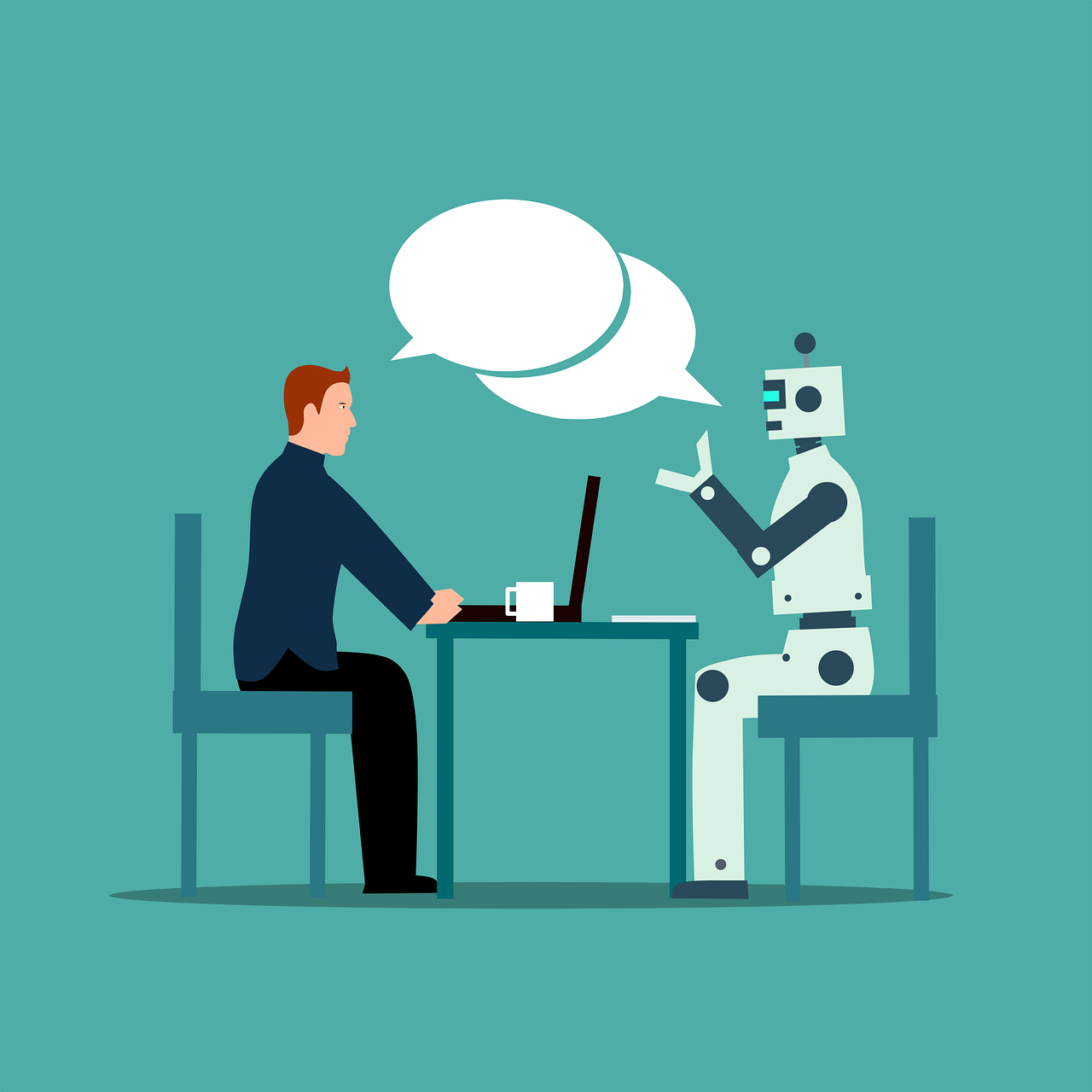In today’s fast-paced digital world, artificial intelligence (AI) has emerged as a transformative force, redefining industries and disrupting age-old processes. One area where its impact is increasingly evident is in the realm of job interviews and job hunting. From résumé screenings to virtual interviews and beyond, AI is reshaping how employers and candidates connect. But is this a revolution for the better, or are we stepping into a minefield of challenges and ethical dilemmas?
The Rise of AI in Recruitment
AI’s foothold in recruitment isn’t a recent phenomenon. Over the past decade, HR professionals have embraced tools powered by AI to manage overwhelming applicant pools. Gone are the days of manually sifting through hundreds of résumés. Instead, algorithms now scan applications for keywords, skills, and qualifications, narrowing the field before a human recruiter even sets eyes on a candidate.
For job seekers, this means tailoring applications to align with AI-driven applicant tracking systems (ATS) has become a non-negotiable skill. A misstep, such as leaving out crucial keywords, could mean being filtered out—no matter how well-qualified you are. This shift has led to a paradox: while AI promises efficiency, it sometimes prioritizes technical alignment over potential, creativity, or diverse experiences.
Virtual Interviews: Efficiency or Overreach?
Another area where AI is leaving its mark is the interview process itself. Virtual interviews powered by AI are increasingly common, especially for preliminary screening. These platforms analyze speech patterns, facial expressions, and even micro-expressions to assess candidates’ suitability for a role. Proponents argue that this can reduce unconscious human bias, offering a more level playing field for candidates of all backgrounds.
However, this technology is not without its critics. For one, candidates often feel uneasy being judged by a machine, raising questions about privacy and consent. Additionally, cultural and linguistic nuances might be lost on an algorithm. Could someone with an unconventional accent or a reserved demeanor be unfairly penalized because their mannerisms don’t align with the AI’s programmed ideals?
Despite these concerns, companies are betting big on AI interviews, citing benefits such as reduced hiring times and lower costs. But how these tools balance efficiency with fairness will determine their ultimate role in the future of recruitment.
A Double-Edged Sword for Job Seekers
AI is not just revolutionizing the hiring process for employers—it’s also reshaping the way candidates approach job hunting. Tools like LinkedIn’s AI-driven career advice, résumé builders, and job-matching algorithms have made finding and applying for jobs more accessible than ever. AI even helps applicants practice for interviews, offering mock questions and feedback based on role-specific requirements.
Yet, this assistance comes with strings attached. As the job market becomes more digital, candidates are under pressure to present themselves in AI-friendly formats. Personal branding, search engine optimization for profiles, and keyword-stuffed résumés are now prerequisites for standing out. The emphasis on machine-readability sometimes risks overshadowing authentic storytelling or showcasing soft skills that are harder to quantify.
Bridging the Gap Between Technology and Humanity
The increasing reliance on AI in hiring highlights a crucial question: how can we ensure that technology complements rather than replaces the human touch? After all, hiring isn’t just about matching a résumé to a job description—it’s about understanding people, building teams, and fostering cultures.
One way forward might be hybrid systems that blend AI efficiency with human empathy. For example, AI can handle the heavy lifting of initial screenings while leaving nuanced decisions, such as cultural fit and potential, to human recruiters. Another key solution lies in improving the transparency and accountability of AI systems, ensuring they are free from biases and accessible to all.
Additionally, candidates must adapt by embracing AI tools without losing sight of what makes them uniquely human. Storytelling, networking, and demonstrating emotional intelligence remain critical components of job hunting that no machine can replicate.
Looking Ahead: Challenges and Opportunities
As we move deeper into this AI-driven era, the challenges of integrating technology into recruitment will continue to evolve. Bias in algorithms, the risk of over-reliance on metrics, and the erosion of human interaction are all pressing concerns. Regulators and industry leaders will need to collaborate to address these issues, setting ethical standards for the use of AI in hiring.
At the same time, AI holds immense promise for creating a more inclusive job market. Properly designed systems can identify overlooked talent, democratize access to opportunities, and streamline processes for both employers and job seekers. For example, AI can help candidates with disabilities navigate interviews or suggest career paths based on their strengths and aspirations.
It is a World of Possibilities
AI is undeniably reshaping job interviews and job hunting, offering a mix of challenges and opportunities. For employers, it’s a tool to boost efficiency and reduce bias. For job seekers, it’s a resource that simplifies some aspects of the job hunt while adding complexity to others.
As this technology matures, the question isn’t whether AI will transform recruitment—it already has. The focus now should be on ensuring that this transformation is thoughtful, equitable, and human-centered. With the right balance, AI could pave the way for a future where talent truly finds its best match, and opportunities are accessible to all.
The hiring process has always been a gateway to personal and professional growth. AI might change the gate’s design, but the journey remains ours to define.
